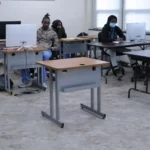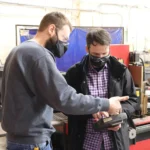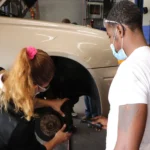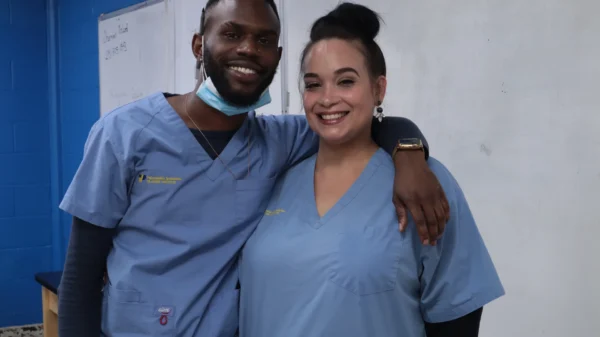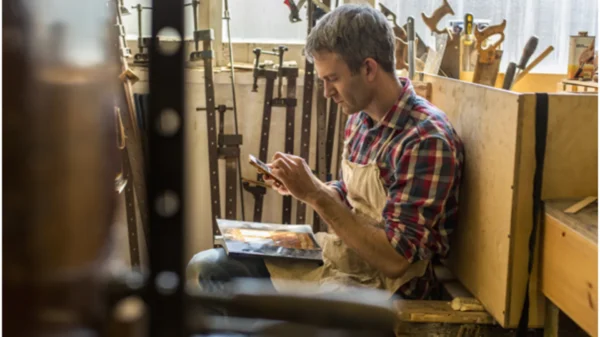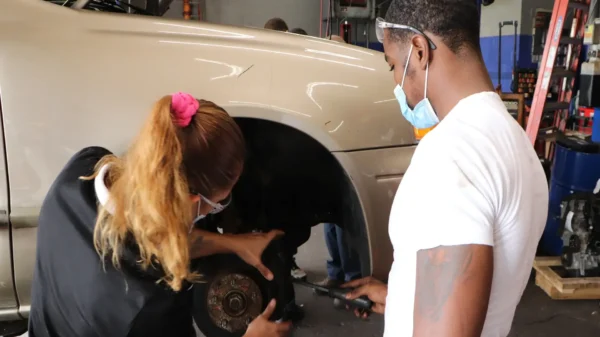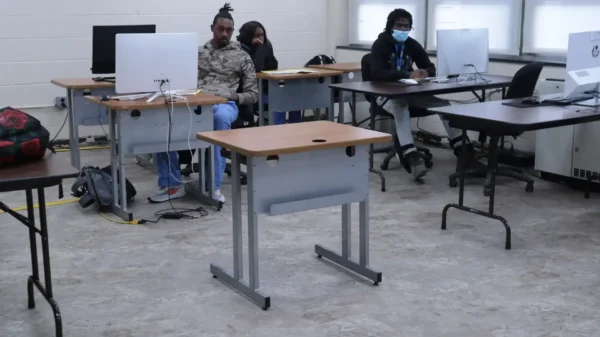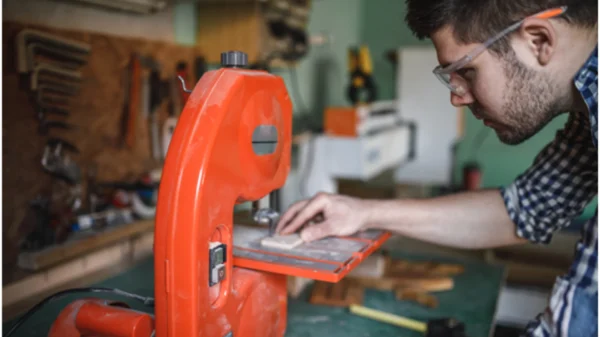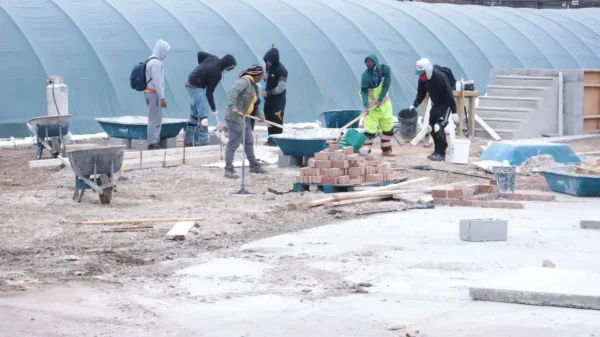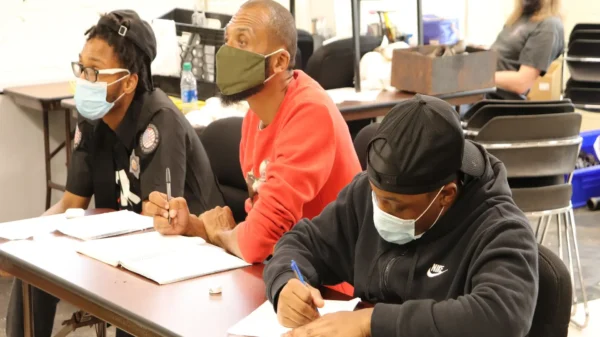Sterile Processing Technicians sanitise and sterilize medical instruments and safely transfer and store them. They also evaluate, test and monitor instruments and equipment to make sure they work appropriately. Moreover, Sterile Processing Technicians are accountable for a hospital’s inventory of all sterile articles, including surgical dresses, masks and gloves.
During the COVID-19 pandemic, because of the restricted availability of new tools, healthcare workers have sometimes been compelled to reuse personal protective equipment, counting on the Sterile Processing Technician to sterilise articles as necessary.
What Does A Service Technician Do?
Central service technicians, also known as sterile processing technicians and central service professionals, play a significant role in preventing infectious diseases by sterilising, cleaning, disinfecting, assembling, stocking and dispensing medical supplies. The CS department of a healthcare faculty is the centre of all activity surrounding supplies and tools required for surgery and patient care.
Sterile processing symbolizes a great entry-level opportunity to enrol in the growing field of healthcare. Sterile processing technicians are the uncrowned healthcare heroes, whose careful and detailed work trembles throughout a hospital, instantly impacting every patient’s healing.
Central sterile technicians learn the principles of sterilisation and sterile processing. Sterile Processing is the process of cleaning medical supplies and readying them to be used again. 1st, tools are dismantled, cleaned, and sterilized using both manual and mechanical techniques.
Equipment and devices are inspected for any damages to assure they can be used again. Once a portion of medical equipment is entirely cleaned and sterilized, it will be sterilised and packaged for reuse. Tools are then reused and stored in a sterile storage area.
Because of their role in surgical preparation, sterile processing technicians must learn the most helpful techniques of cleaning, stocking, sterilising, and analyzing both tools and devices – before and again after each surgery. Moreover, they need to have clear courses in disease control, medical language, and microbiology.

Sterile technicians must attend strict processes for several types of devices, using computers to track growth and provide confirmation that all devices are accounted for and properly serviced.
Sterile process technicians do not function directly with victims, but their work is crucial to assure every patient attains positive health outcomes.
How To Become A Sterile Processing Tech?
Complete High School
Employers typically need a high school diploma or equivalent to get a job as a sterile processing technician. To get yourself ready for a selected career, you can consider pursuing courses in biology, chemistry and medicine. While pursuing your high school education, you may deem researching sterile processing technician programs near you. Relying on the registration process for your target program, you may be able to choose before graduating from high school.
Choose A Sterile Processing Technician Program
You can discover sterile processing technician programs at district colleges, training schools and online. Relying on the type of course you choose, completing your education can vary from 10 weeks to 2 years. To determine which program is fruitful for you, consider calling the institution and asking if you can observe a class. You may also meet professors and students to hear their viewpoints on the program.
Speak With An Advisor
Before taking part in a program, you can collect a list of problems and schedule a meeting with a consultant. They can decipher questions related to the field, deliver details about programs and share scheduling information. Consultants can also help prospective technicians ensure financial aid, which may assist you to pursue your target career while accomplishing your personal economic goals.
EnrolL In A Program
To enrol in your persuasion program, you may be required to satisfy certain requirements to be eligible for acceptance. For example, some courses need aspirants to complete an entrance exam to evaluate their basic problem-solving abilities as well as their skill of organizing the coursework.

Finish An Internship
You can participate in an apprenticeship while you are seeking your education or after you finalize the program. Clinical apprenticeships can help you develop abilities learned in the class and apply your knowledge in the real world. In some cases, sterile process tech interns may earn an offer for stable employment.
Prepare To Earn A Certification
When readying to earn a Certified Registered Central Service Technician (CRCST) certification, analyze researching the guidelines in your state to assure you seek certifications that align with your job goals. For instance, you can test if you want to fulfil a set of requirements such as having job experience. Some sterile processing technician programs may give vacancies to attain work experience, such as through paid or willing work. Consider reporting the time you expend working in the field to assure you can give proof to an accrediting body before taking a credential exam.
Clear A Certification Exam
2 main accrediting groups that offer certification for sterile processing technicians are as follows the International Association of Healthcare Central Service Materiel Management and the Certification Board for Sterile Processing and Distribution. Each organisation offers a certificate exam requiring a particular amount of work experience. Certificates are often legal for about 5 years.



